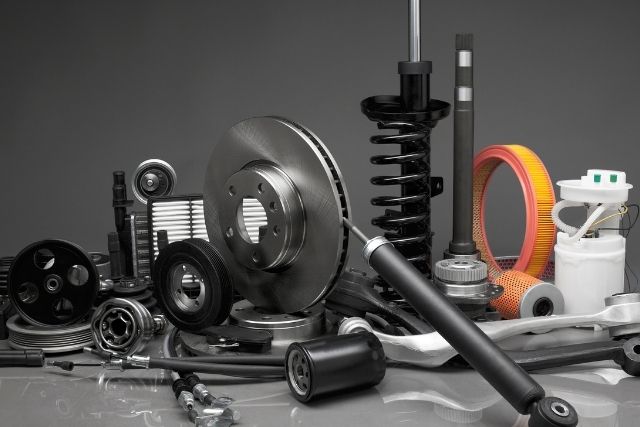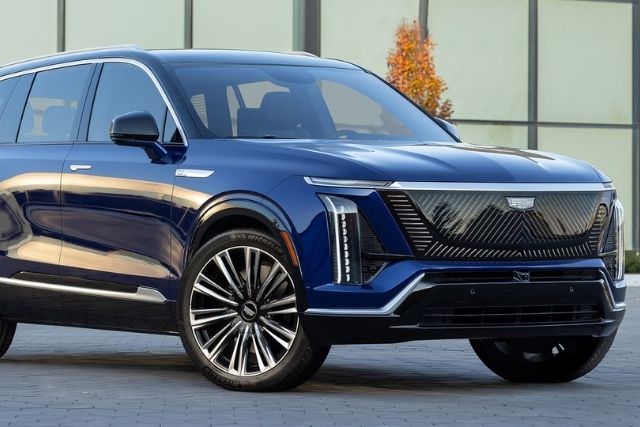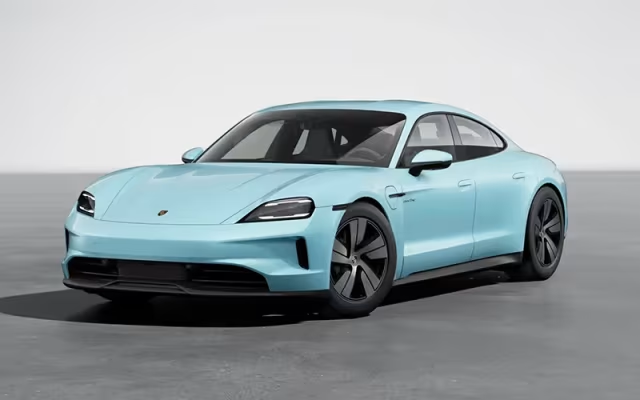In a surprising turn of events, the Ministry of Commerce of China has issued a strong warning to Chinese automakers: think twice before investing in overseas factories. This new directive highlights China’s strategic shift as it aims to influence how its automotive giants approach global expansion.
Why the Warning?
The Ministry of Commerce is advising Chinese automakers to reconsider setting up production facilities abroad. This caution extends to countries like India, Russia, Turkey, and regions such as Europe and Thailand. The rationale? The risks associated with international investments and the potential for economic and political instability in these markets.
Instead, the Ministry suggests a more strategic approach: use overseas facilities primarily for final vehicle assembly and export knock-down components from China. This tactic aims to mitigate the risks and reduce costs while still tapping into global markets.
The India Factor
China’s advice comes against the backdrop of India’s ambitious push to attract foreign automakers. The country recently introduced a policy designed to encourage global giants like Tesla and Hyundai to set up local manufacturing plants. While Tesla was eyeing a $3 billion investment in India, the company has yet to make a move, especially after Elon Musk canceled a critical meeting with Prime Minister Narendra Modi. In contrast, Hyundai has been active, filing for an IPO in India expected to raise $3 billion—making it the largest initial public offering in the country.
European Expansion: China Claims Double-Edged Sword
European markets present a complex challenge for Chinese automakers. With tariffs on imports from China and increasing competition, establishing manufacturing plants in Europe could be a risky endeavor. However, companies like BYD and Leapmotor are already making headway. BYD has strengthened its dealer networks in Europe, while Leapmotor has commenced production at a Stellantis plant in Poland.
Geely is also exploring options in Europe, considering local production to sidestep hefty tariffs. This move could reshape the competitive landscape as more Chinese automakers adapt to the new economic realities.
As the global automotive market evolves, Chinese automakers are navigating a new set of challenges and opportunities. The focus is shifting from building new factories overseas to optimizing existing operations and leveraging strategic partnerships. This cautious approach may redefine how Chinese brands expand globally and compete in an increasingly complex market.



